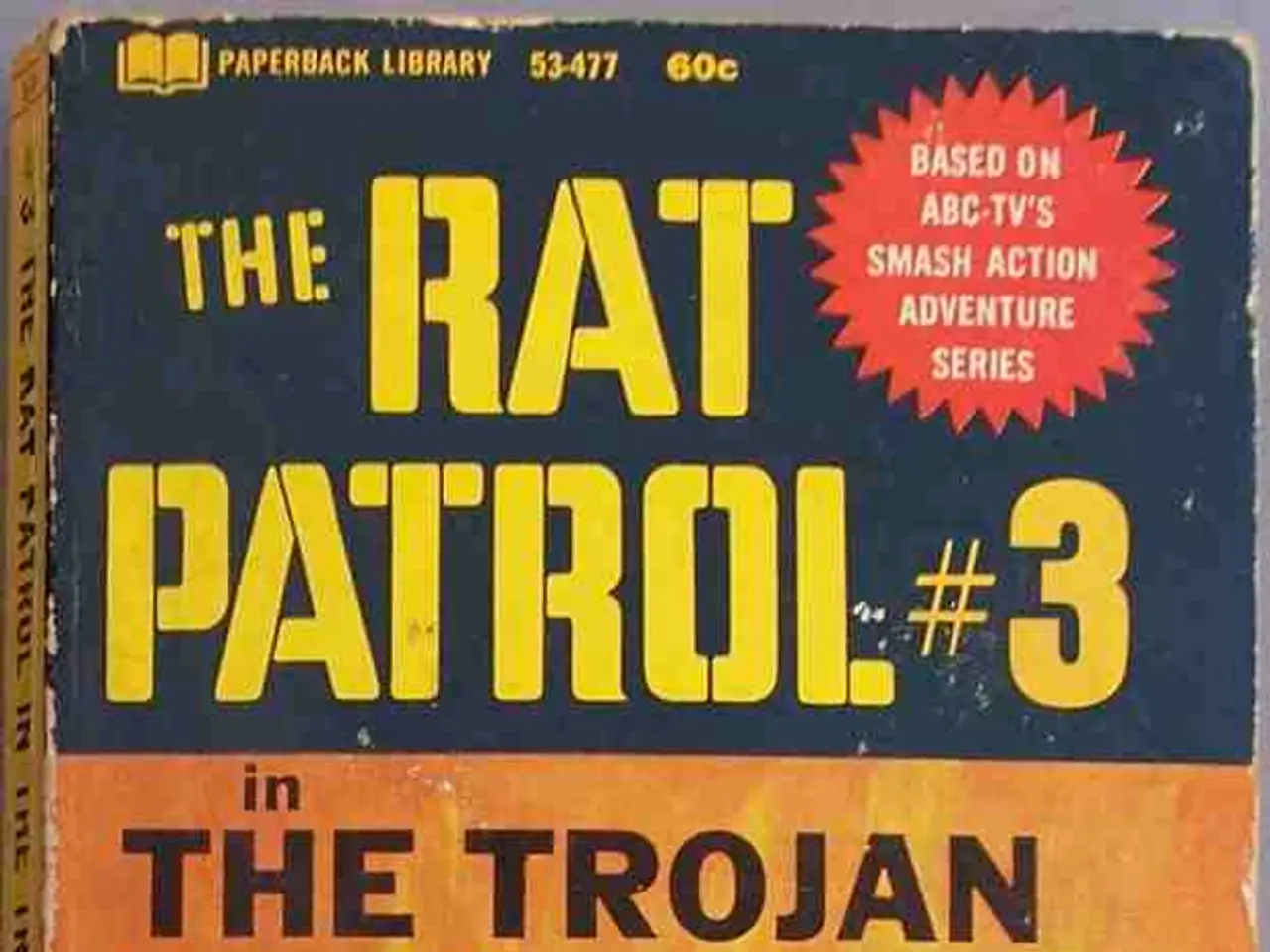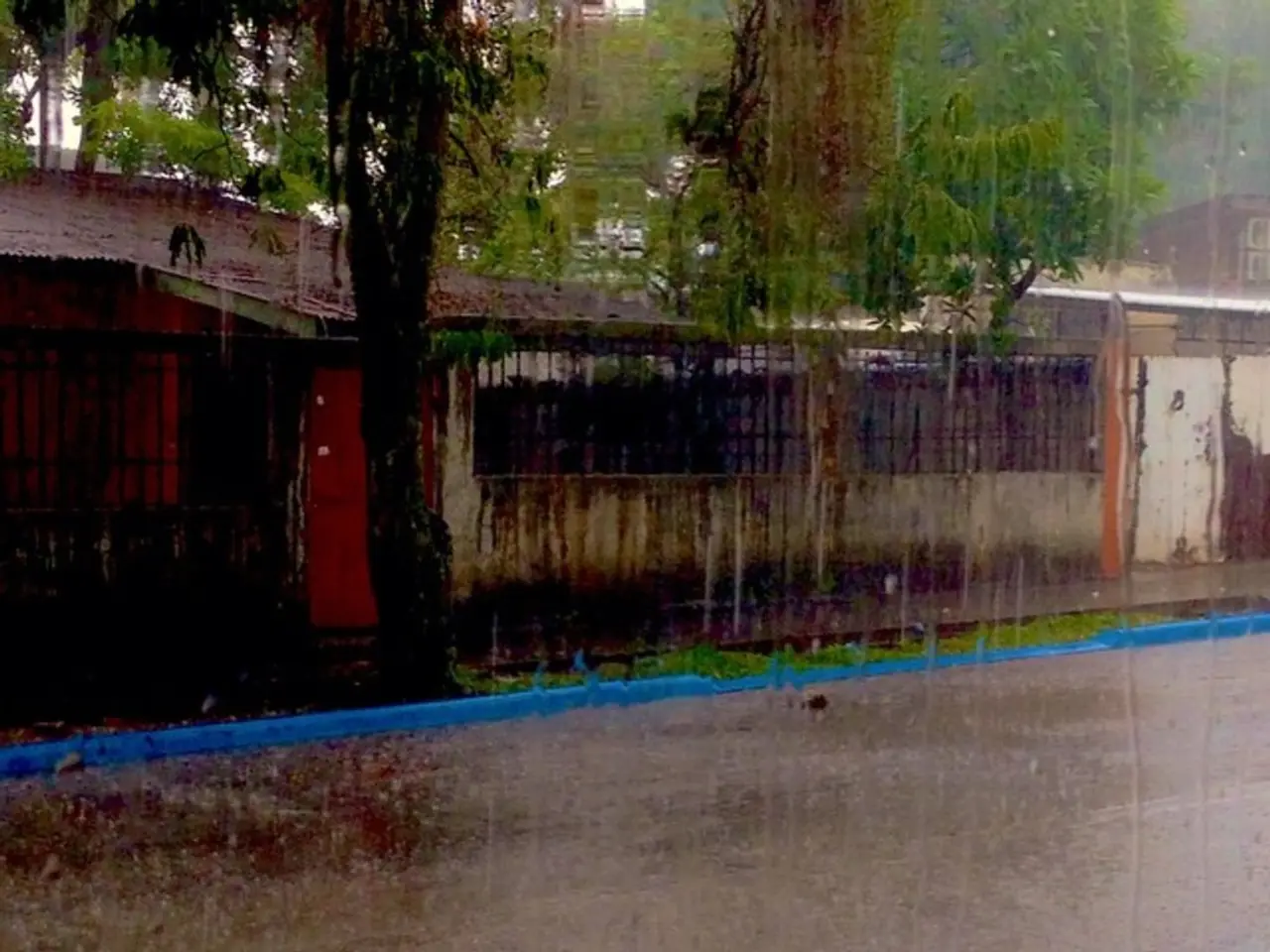Intense issues in the Middle East: Majority of Israeli citizens endorse a potential military strike against Iran
Takeaways from the Recent Israeli-Iran Conflict
The aftermath of Israel's attack on Iran has sparked a divisive response among its population. A lightning poll by the Israel Democracy Institute confirms that 70% of Israelis support the military action, but opinions diverge significantly along ethnic lines.
Splits across Ethnic Groups
Jewish Israelis back the offensive, with 82% expressing approval, while 65% of Arab Israelis oppose it. The motives behind Prime Minister Benjamin Netanyahu's decision to attack Iran also divide the public: Two-thirds of Jewish respondents view security-related reasons as decisive, whereas the same proportion of Arab Israelis believe political reasons dominate.
Concerns over Personal and National Safety
Most Jewish Israelis believe their society is resilient but worry about their personal safety and that of their families. Arab Israelis have their concerns as well, but only a minority considers their society to be strong.
Two-thirds of Jewish respondents believe that Israel's security is of central concern to US President Donald Trump, a significant increase compared to last month. This value remains a pluralistic majority among the Arab population.
Half of Jewish Israelis support the formation of a broad unity government, while only a quarter of Arab Israelis share this view.
Predicting the Conflict's Outcome
Despite the escalating tensions, both population groups generally agree that the war will end quickly, with around two-thirds expecting the conflict to be over within a month.
One contentious issue is the question of civilian casualties in Iran. Three-quarters of Jewish Israelis think the Iranian civilian population's suffering should not influence further war planning, whereas only a quarter of Arab Israelis share this view.
Broader Implications
The survey, conducted by the Viterbi Family Center for Public Opinion and Policy Research on behalf of the Israel Democracy Institute, is based on a representative sample of 737 respondents aged 18 and above.
In summary, Israeli society is divided on the conflict, with Jewish Israelis advocating strong military action to address perceived threats, while Arab Israelis express skepticism and caution, fearing regional destabilization and political manipulation. These differences underline the deeper political and social cleavages within Israeli society as it navigates ongoing regional tensions.
[1] Arab Israelis skeptical of motivation behind Israel's attack on Iran[2] Israeli Government and Jewish Israelis Emphasize Prevention of Existential Threats in Iran Attack
June 19, 2025
Iran Conflict: Majority of Israelis Believe War will End Soon
The recent Israeli-Iran conflict has stirred up controversy among both population groups. Despite all the tension, there is a broad agreement on one matter: Both groups find the instructions of the Israeli Army's Home Front Command clear. Furthermore, approximately two-thirds expect the conflict to come to an end within a month.
A particularly sensitive issue is the question of civilian casualties in Iran: Three-quarters of Jewish Israelis think the Iranian populace's suffering should not factor into further war planning, but only a quarter of Arab Israelis share this view.
The poll, composed of a representative sample of 594 Jewish and 143 Arab Israelis aged 18 and over, was conducted by the Viterbi Family Center for Public Opinion and Policy Research on behalf of the Israel Democracy Institute.
War against Iran: Is Israel Running Out of Missiles?Do US Intervention and Missiles from Ally Countries become key to Israel's Defense Against Iranian Retaliation?International yesterday
[1] Arab Israelis express concerns about political motivation behind Israel's attack on Iran, while Jewish Israelis emphasize the need to prevent existential threats.
[2] Despite the war-and-conflicts between Israel and Iran, both Jewish and Arab Israelis find the politics and general-news surrounding the conflict deeply dividing their society.





